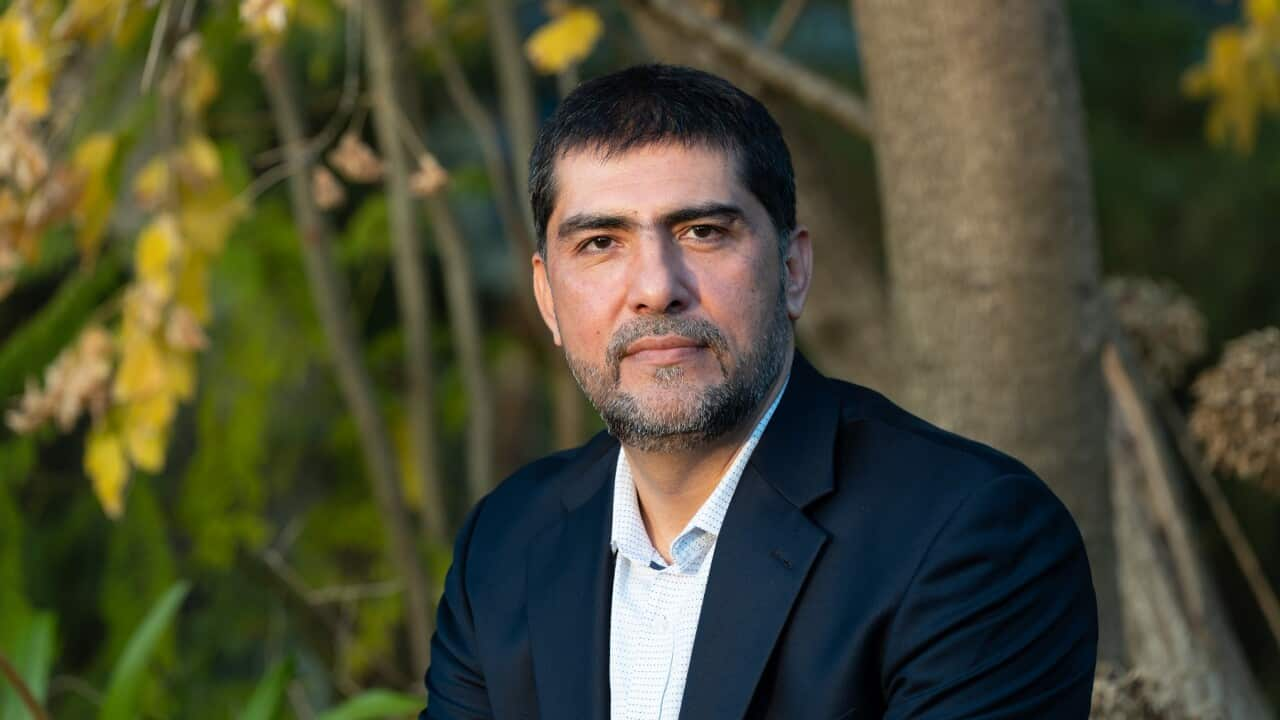The report from Settlement Services International says billions of dollars could be injected into the economy if their skills are harnessed effectively. Back in April, Home Affairs Minister Claire O'Neil delivered a speech at the National Press Club in Canberra where migration was the central focus.
But a new report from Settlement Services International suggests that's sooner said than done.Its report - called Billion Dollar Benefit - says that once skilled migrants and refugees are in Australia, they struggle to find a foothold in the local jobs market.
Dr Mohammad Zubair Harooni is one of those refugees. Despite a 15-year medical career in his native Afghanistan and experience as a United Nations HIV Program Specialist, he says he has been unable to find a position in the health field in Australia.
Violet Roumeliotis is the CEO of Settlement Services International. She says their report shows Dr Harooni's experience is fairly common.
It's not just in medicine that skilled migrant and refugee workers face challenges.Engineering is another prime example.
Australia needs to fill 30,000 engineer positions - yet the report says half of all migrant engineers are either unemployed or work in other sectors.
Violet Roumeliotis says there are a range of reasons why migrants and refugees are being blocked from reaching their full potential in the workplace. But the report also identifies some practical, systemic issues.57 percent of people seeking asylum in Australia are not allowed to work.
Almost two thirds of workers on temporary visas are paid less than the minimum standard. And only 33 percent of permanent arrivals have their post-school qualifications recognised in Australia, something Settlement Services International says is a recipe for exploitation and under-employment.
Dr Harooni says his qualifications have now been recognised - but the process has been a challenging one for him, and many others.The federal government already seems well aware of the problems facing skilled migrants and refugees in Australia.
Home Affairs Minister Claire O'Neil has given strong hints that anomalies like this will be changed. A final new migration strategy is due to be released later this year that is expected to address long-standing concerns around visas and working conditions, as well as the recognition of qualifications.
Meanwhile, Dr Harooni says he hasn't given up hope of working in medicine again.
You can listen this Telugu podcast :
Independent news and stories from SBS Telugu, connecting you to life in Australia and Telugu-speaking Australians.

